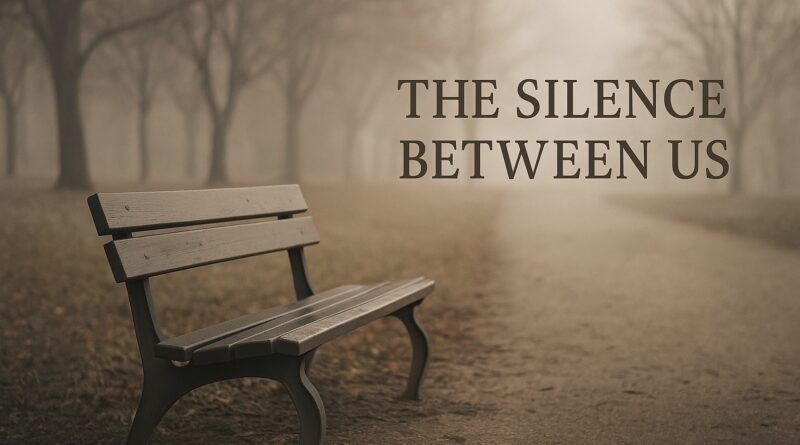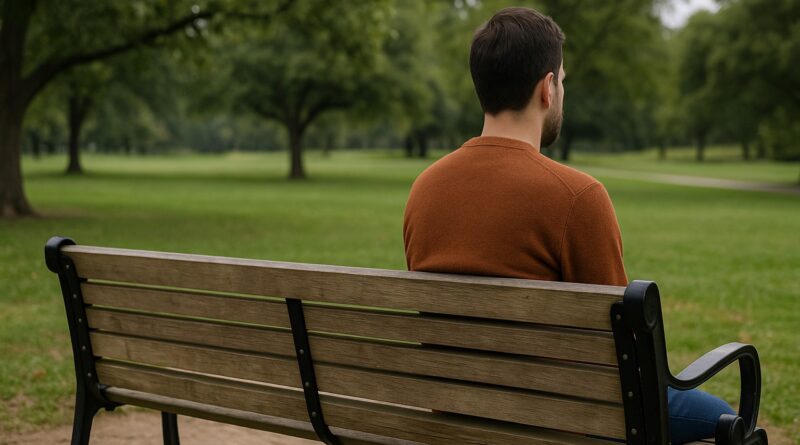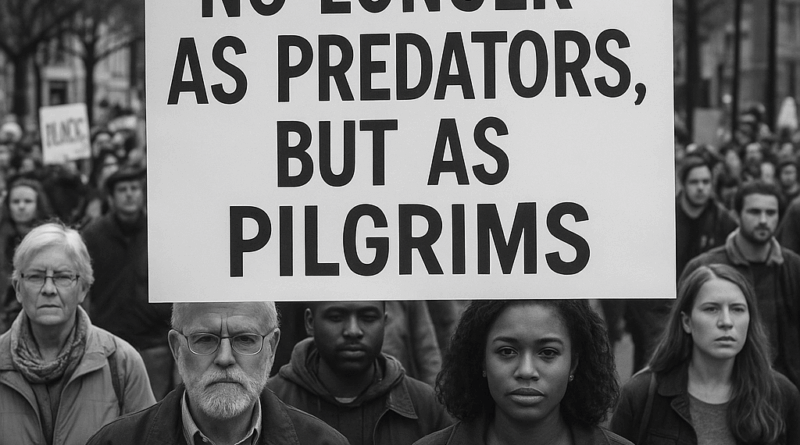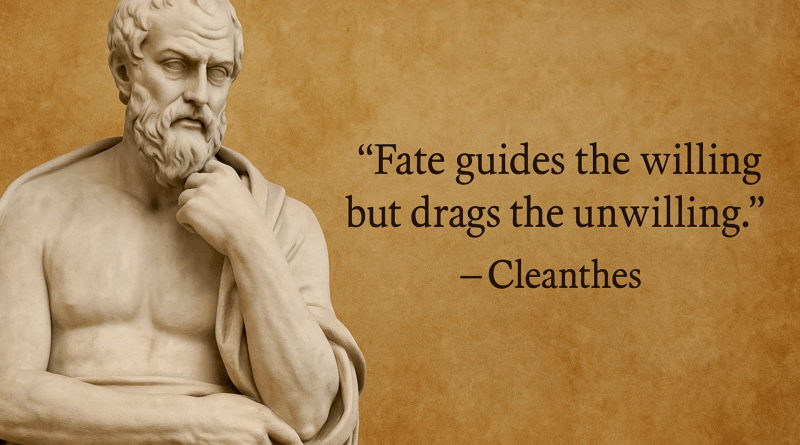The Silence Between Us
This piece began with a line from Carl Jung I read, which surfaced something I hadn’t yet put into words: “Loneliness does not come from having no people around you, but from being unable to communicate the things that seem important to you.” Based on my reading in Stoicism, it seemed to fit with the thoughts of some of the Stoics. I’ve been thinking about what it means to remain engaged, to keep doing meaningful work, and still feel a growing distance from close friendships. This is a quiet reflection on that kind of loneliness, not isolation exactly, but a thinning of connection. A longing for the kind of relationships where nothing important has to be explained.
Read more



